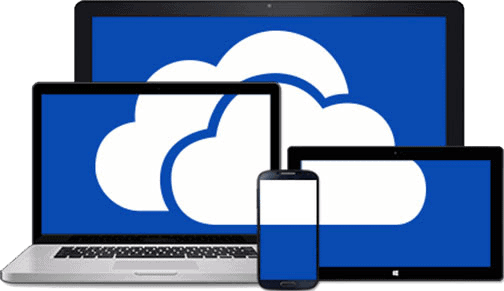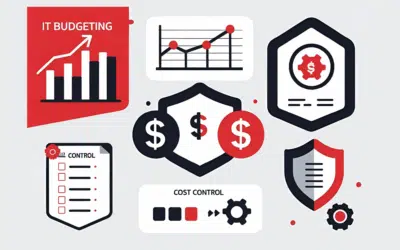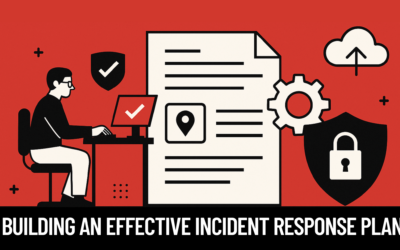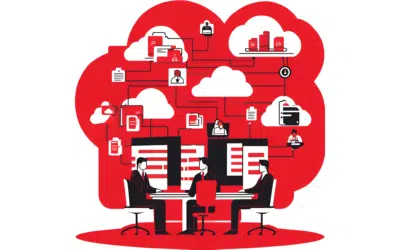
What is OneDrive?
If you use Microsoft apps and programs there is a good chance you have already heard of OneDrive, and if you haven’t, you will certainly be hearing more about it in the coming months. Regardless of what version of OneDrive you have, the idea behind the platform is that it is cloud-based. When looking into this app you will find that there are two versions: OneDrive for personal users and OneDrive for Business.
OneDrive for personal users
OneDrive for personal users, or just OneDrive for short, is Microsoft’s cloud-based document storage system. If you have a non-business account with Microsoft e.g., an older Hotmail account or a newer Outlook.com account, you have access to this storage solution.
The tagline for this service is, “One place for everything in your life”, which makes it pretty clear that this is for personal use. When you upload, or “store” files on your OneDrive account you are storing them using Microsoft’s cloud technology which is hosted and managed by servers Microsoft owns. This makes the files available on any device, as long as you log into your account on that device. In other words, this is cloud storage.
OneDrive for personal use is free for all users. All you need is a Microsoft account or email address which can be obtained for free at outlook.com.
OneDrive for Business
This service is actually quite different, and even though the general concept behind both of the platforms is the same: cloud storage, the similarities pretty much end there. OneDrive for Business is a place where you can store, sync, and share your work files. As such, you need to subscribe to one of the various Office 365 for Business subscription plans.
Unlike the personal version of OneDrive, OneDrive for Business utilizes a platform called SharePoint to host and deliver storage services to business users. Businesses can opt for a Microsoft hosted version of SharePoint, or an on-premises version which they install and maintain on servers in the office. This makes the app manageable by business owners and IT partners, and can be done so through the Office 365 admin panel. Beyond that, if businesses decide to host SharePoint on their own servers, they can assign as much or as little storage to individual accounts as they so choose.
With this solution you can upload and share documents with other colleagues and even work on these files at the same time, with changes being made in real time. Business owners and managers can also better manage this solution thanks to powerful administrator tools.
A real plus point about OneDrive for Business is that Microsoft has recently announced that Office 365 users will receive unlimited storage space starting in the near future, (the end of 2014 for Pro Plus subscribers, early 2015 for other plans).
In summary:
[list style=”bullet”][li]OneDrive is for personal use, and has been designed to allow users to store and access any files.[/li][li]OneDrive for Business is for business use and requires an Office 365 subscription plan. It allows users to store, access, share, and collaborate on files with other colleagues, and can be hosted either off site, or on site using SharePoint.[/li][/list]
If you would like to learn more about these two platforms, contact us today and we can make sure that you are making the most of the technology that’s available to enhance your business success.








